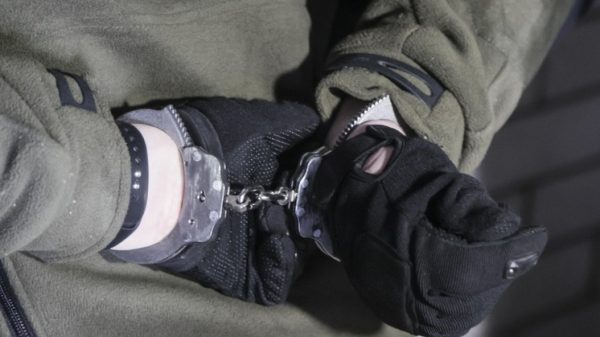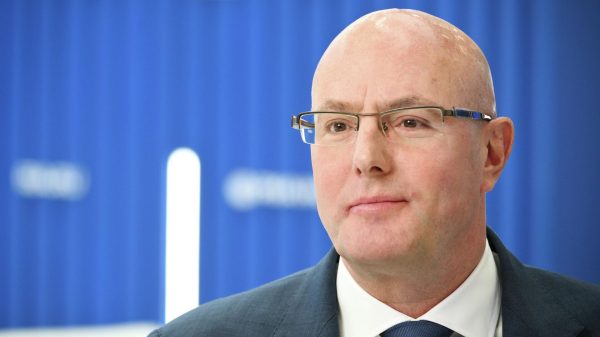Support for Sweden’s government and public confidence in authorities’ ability to handle the coronavirus crisis are sliding as the country’s anti-lockdown approach continues to be tested by high numbers of deaths and new cases.
A six-monthly poll by Statistics Sweden this week showed support for the centre-left Social Democrats – the party of the prime minister, Stefan Löfven – had dropped nearly five points to 29.4% since May, amid signs Swedes are increasingly unconvinced by the country’s strategy.
A survey last week found confidence in authorities’ capacity to control the crisis had fallen sharply to 42% from 55% in October, while 44% of respondents said they felt not enough was being done to fight Covid-19, up from 31% the previous month. More than 80% of those surveyed said they were either “somewhat” or “very worried” that Sweden’s health service would not be able to cope with the challenge.
Sweden chart
“It is quite clear that the increased rate of infection, combined with the measures the authorities have taken, have led to a sharp increase in concern,” Nicklas Källebring of the Ipsos polling agency told the Dagens Nyheter newspaper.
Sweden’s light-touch approach, which uniquely in Europe has eschewed any form of lockdown, focuses on asking rather than ordering people to voluntarily observe hygiene and distancing recommendations. Shops, bars and restaurants have stayed open and masks are not recommended outside hospitals.
The country has always denied its aim was to achieve rapid herd immunity, saying its strategy was to slow the virus enough for health services to cope, but the higher levels of immunity that authorities expected as a result have failed to materialise and Sweden’s second wave has been severe.
Authorities reported another 5,400 new infections on Tuesday, and a further 174 deaths, which brings the country’s total to 6,972. The public health agency has previously said the daily new infection rate could reach a peak 8,000 later this month.
Sweden’s per capita death rate is one of Europe’s highest, and it has recorded significantly more deaths in the past fortnight than neighbouring Norway and Finland – with populations roughly half the size – have since the beginning of the pandemic.
“We clearly have a wide spread of infection, which really hasn’t stopped and which we all need to help get under control,” said Anders Tegnell, the state epidemiologist and architect of the country’s approach, with the rise in new cases affecting all age groups.
More than 460 of Sweden’s 666 intensive care beds with ventilators were occupied, officials said this week, 237 of them with Covid-19 patients – the first time since spring that coronavirus patients have occupied a majority of intensive care beds.
Sweden last month introduced tougher restrictions, cutting its limit on attendance at public gatherings to eight people and announcing that bars and restaurants would not be allowed to serve alcohol after 10pm until the end of February.
Löfven has reiterated that the government still “does not believe in a total lockdown”, believing “the measures we have taken … are appropriate”.
Both he and Tegnell have been forced to publicly deny reports in the Swedish media of a widening rift between the government and the independent public health agency whose recommendations it has largely followed throughout the crisis.
The agency this week performed another about-turn, saying children should not go to their school or kindergarten if someone in their household has tested positive for Covid-19, a measure previously reserved for adults and older teenagers.
In October, it changed its advice for adults living with an infected person, saying they should seek medical advice and potentially self-isolate for seven days rather than continue to go to work.






















































Свежие комментарии